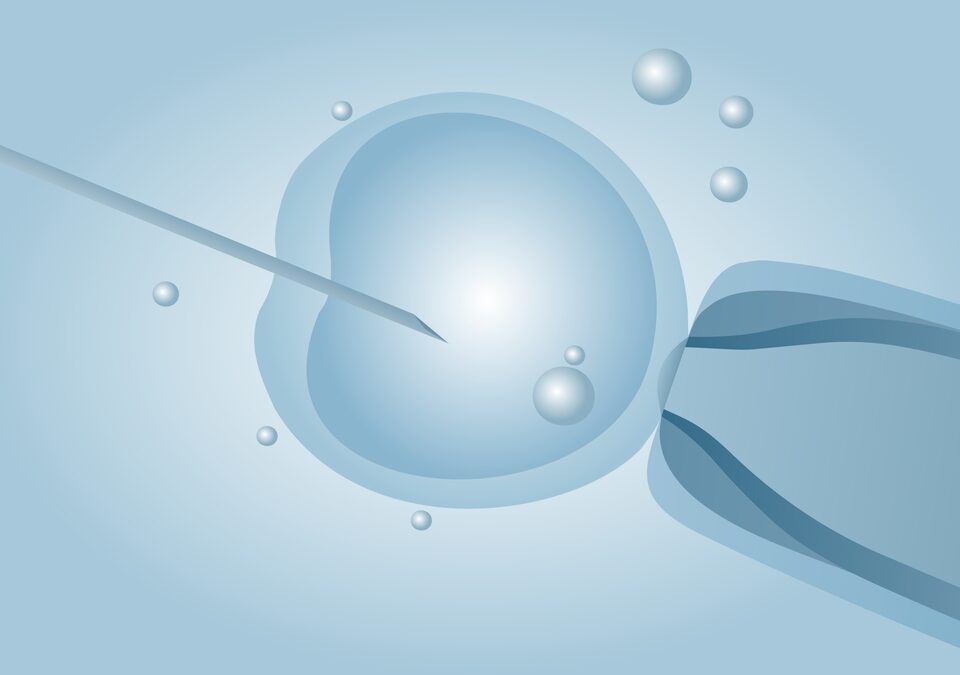
1 in 6 People Globally Affected By Infertility
四月 21, 2023
The VA in Atlanta is Throwing Drive Thru Baby Showers for Veterans
五月 3, 2023A recent study from the University of Cambridge took a look at children who were conceived naturally, versus children who were conceived through assisted reproduction, in an effort to see whether the conception method affected happiness. While the study was small, the researchers found that the happiness of a child didn’t change based on the way that child was conceived.
Not only that but the entire family was just as happy, and there wasn’t any difference in the family relationship quality, either. This is the first study examining the effects of assisted reproduction on the long-term happiness of the children and their families, and reached the conclusion that the most important aspect of the family relationship is wanting children, not how the children are created.
Past concerns about assisted reproduction touched on the idea that parents that didn’t have a genetic relationship to their children, such as through the use of a sperm donor, may not feel as close to those children. However, the study found that parents who were open and honest with their children about their conception from a young age had less anxiety and formed good relationships.
The children and families in this study were followed for 20 years, to allow researchers the opportunity to collect data on how well these children handled growing up all the way to adulthood. The ability to study the subjects for that long offered important information about the quality of the relationships and how the families bonded as the children got older.
Being genetically related to another person doesn’t guarantee acceptance, happiness, or a good relationship with that person. The study indicated that the quality of a family and the happiness found there doesn’t really have anything to do with genetic relationships. Instead, it is most strongly affected by whether the people in the family are loved, cared for, and treated well by others in the family unit.
In short, people who want to be a family often form those bonds, whether they’re genetically related or not. Couples who worry about having genetically non-related children may want to put those fears away and explore starting or expanding their families.
The Surrogacy Law Center helps couples and individuals in either traditional or non-traditional families and from all over the country and the world. Request a complimentary initial consultation today!




